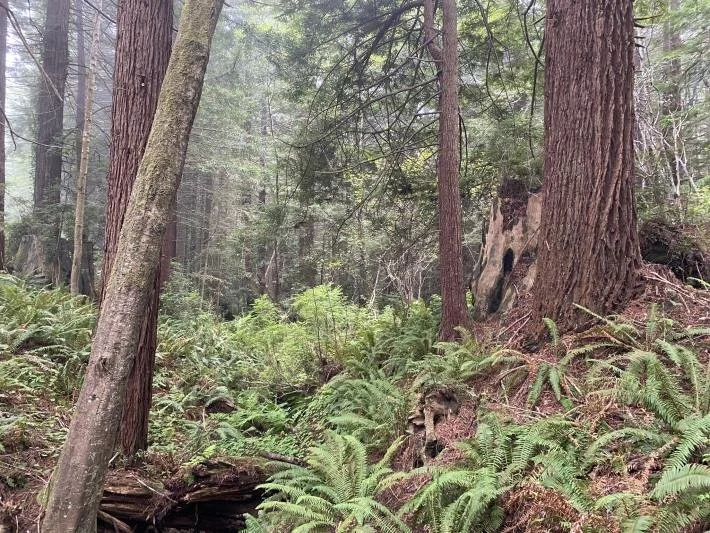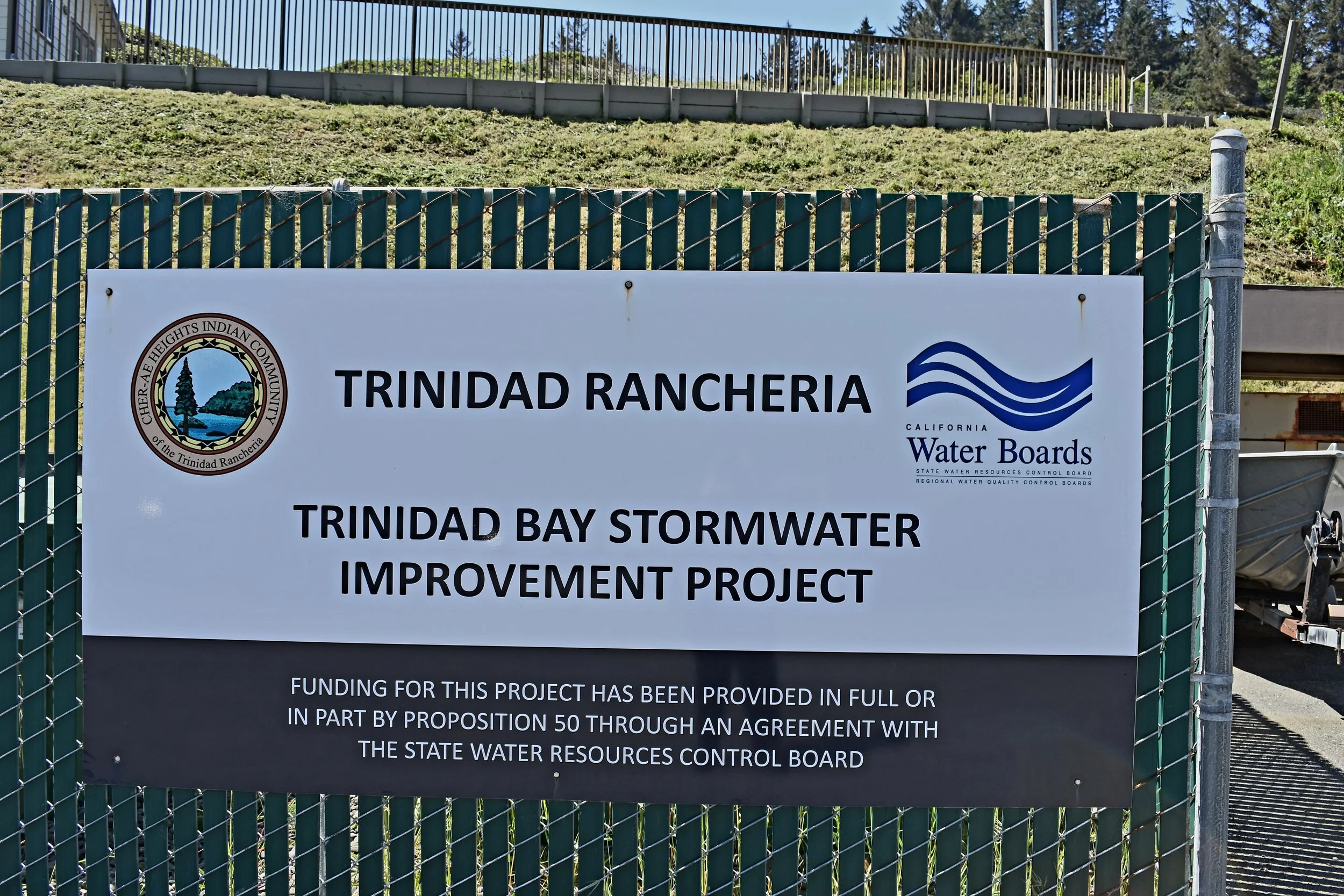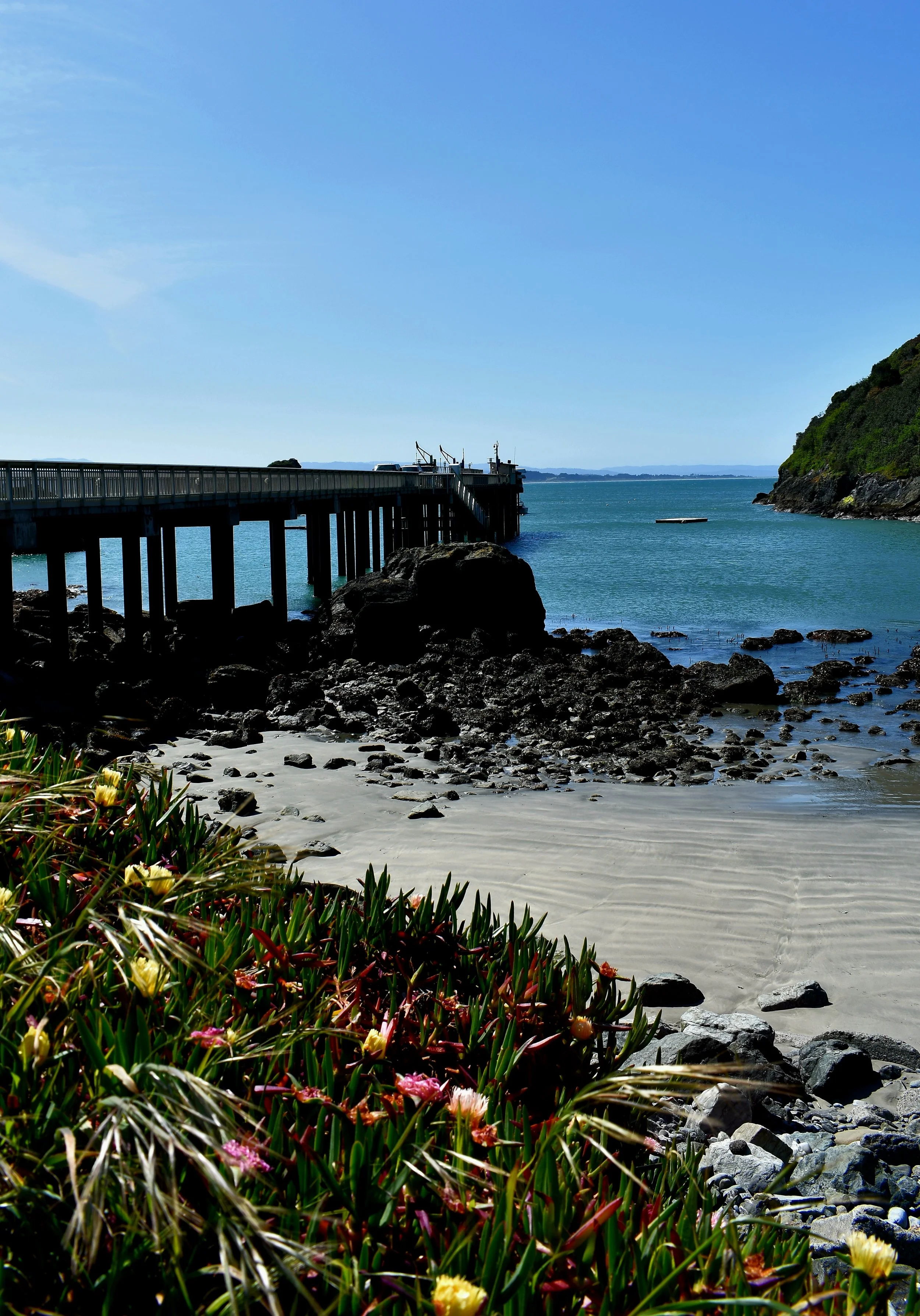
Water Quality and Watershed
Preserving our Tribe’s waterways is integral to protecting our cultural and ecological heritage, and ensuring a high quality of life for our Tribal community. This program has been monitoring Tribal waterways, including the coastal ocean, streams, and riparian corridors, since 2003 to quantify and mitigate point and nonpoint pollution. We endeavor to address the multitude of threats to water quality through planning and implementation of projects to prevent environmental contamination and restore our waters to a natural, healthy state for the benefit of the broader North Coast communities.
Vision
To be stewards of the environment and protectors of the historic, cultural, and environmental heritage of our Tribe by preserving, protecting, and enhancing our waterways.
Mission
We use monitoring, infrastructure improvements, and emergency preparedness to achieve clean and healthy waterways within and beyond our watershed.
Resources
NWS Weather and Hazards Data Viewer is a tool that allows you to view and better identify storm hazards near you.
How's My Waterway - Community is an official website of the U.S. Environmental Protection Agency (EPA) that provides information and tools for assessing water quality in rivers, lakes, and streams. You can search by location, browse by water topic, or report a violation on this website.
Our Staff
Water Quality and Watershed Focus Areas
-
Trinidad Harbor Zero-Discharge
This focus area has an important goal of achieving zero discharge into the Trinidad Head Area of Special Biological Significance (ASBS). As owner and operator of the Trinidad Pier and Harbor since 2000, we have successfully implemented projects to mitigate hazardous waste, remove toxic materials from previous commercial operations, and clean up other sources of pollution such as oil, hydraulic fluid, creosote, and other pollutants that would harm the Trinidad Bay ecosystem.
-

Oil Spill Response
This focus area maintains readiness to respond to emergencies including marine oil-spills through the deployment of spill containment equipment such as booms, socks, and other cleanup materials. Additionally, our staff regularly train to maintain preparedness for oil spills.
-

Water Quality Monitoring
This focus area monitors water bodies for water quality indicators of pollution.
-
Nonpoint Source Pollution Prevention
This focus area includes projects that address nonpoint source pollution through stormwater infrastructure improvements, pollution prevention initiatives, and watershed restoration.
-

Investigative Sampling
This focus area relies on investigating sampling to detect and understand novel water quality threats. Projects are focused on contaminants of emerging concern, such as tire wear particles, polyfluorinated substances (PFAS), and other toxic chemicals.

